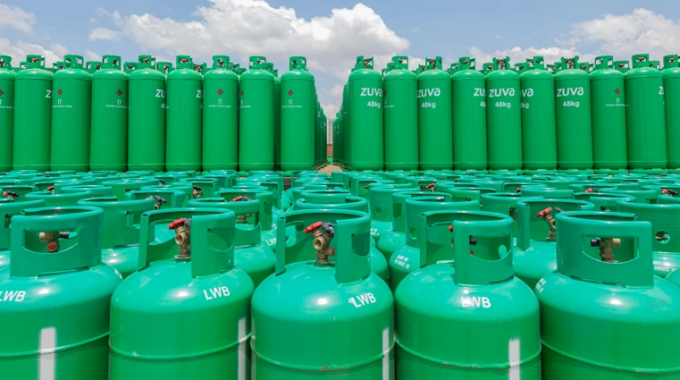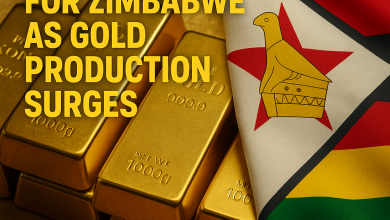ZERA Cuts LPGas Prices Following VAT Removal, Effective January 2025

By [Thabani Zororai]
The Zimbabwe Energy Regulatory Authority (ZERA) has announced a reduction in the prices of liquefied petroleum gas (LPG) following the removal of the Value Added Tax (VAT) on the commodity, effective January 1, 2025. The move is expected to provide relief to consumers, particularly in the face of rising living costs.
LPG Price Reduction Due to VAT Removal
In a statement issued on Tuesday, ZERA advised all LPG suppliers to reduce their prices in line with the removal of VAT on the commodity. The prices of LPG for December 2024 had been calculated in accordance with the Petroleum (Liquid Petroleum Gas Pricing) Regulations of 2021, under Statutory Instrument 90. However, with the removal of VAT, these prices have now been slashed, with the new rates coming into effect on January 1, 2025.
The revised prices have been pegged at US$1.61 per kilogram or ZWG41.61, a significant decrease from previous price points, offering a potential respite to households and businesses heavily reliant on LPG for cooking and heating.
ZERA’s Call for Price Transparency
ZERA also urged all LPG operators to display the new prices prominently at their retail outlets. The regulatory body emphasized that prices should be clearly visible and legible for consumers to ensure transparency. The move aims to curb any confusion among consumers, particularly in the face of shifting market dynamics.
“Please ensure that the new LPG prices are displayed at all retail points in clear, legible letters. Operators are advised to comply with this directive to avoid any pricing discrepancies,” ZERA’s statement read.
Flexibility in Pricing and Market Impact
In the statement, ZERA further highlighted that operators are permitted to sell LPG below the prescribed prices, provided they have a competitive trading advantage. This flexibility is intended to promote healthy competition in the market, allowing businesses to offer consumers the best possible prices while adhering to regulatory guidelines.
The regulatory authority also reminded operators and consumers that the official LPG pricing releases by ZERA could be verified on their website, as well as through their official social media channels, including Facebook and Twitter.
The Impact of VAT Removal on the Zimbabwean Economy
The VAT removal on LPG is part of Zimbabwe’s ongoing efforts to manage inflation and ease the burden on consumers. The decision to remove VAT was welcomed by various stakeholders in the LPG supply chain, as it could potentially lower operational costs, reduce the final cost to consumers, and encourage more widespread use of cleaner energy alternatives.
According to the Zimbabwe National Chamber of Commerce (ZNCC), the government’s decision to slash taxes on essential commodities such as LPG is an important step in managing the rising cost of living, particularly in light of global energy price fluctuations and local inflationary pressures.
Government Support for Energy Sector Reforms
The price adjustment comes at a crucial time when the government is pushing for more reforms in the energy sector, aiming to foster sustainable energy solutions and reduce dependency on traditional energy sources like wood and charcoal. By making LPG more affordable, the government hopes to promote the use of cleaner cooking fuels, which will also contribute to environmental conservation efforts and the reduction of deforestation.
The decision to remove VAT on LPG is expected to have broader implications, including a reduction in greenhouse gas emissions, a critical goal for Zimbabwe’s sustainable development agenda.
Conclusion
With the price reduction in LPG, Zimbabweans are likely to see a drop in household energy costs, which will be especially beneficial for low-income households. As ZERA continues to monitor and regulate the energy sector, it remains crucial for consumers to stay informed about price changes and updates. Operators, on the other hand, are expected to abide by the new regulations to ensure a fair and transparent pricing system.




